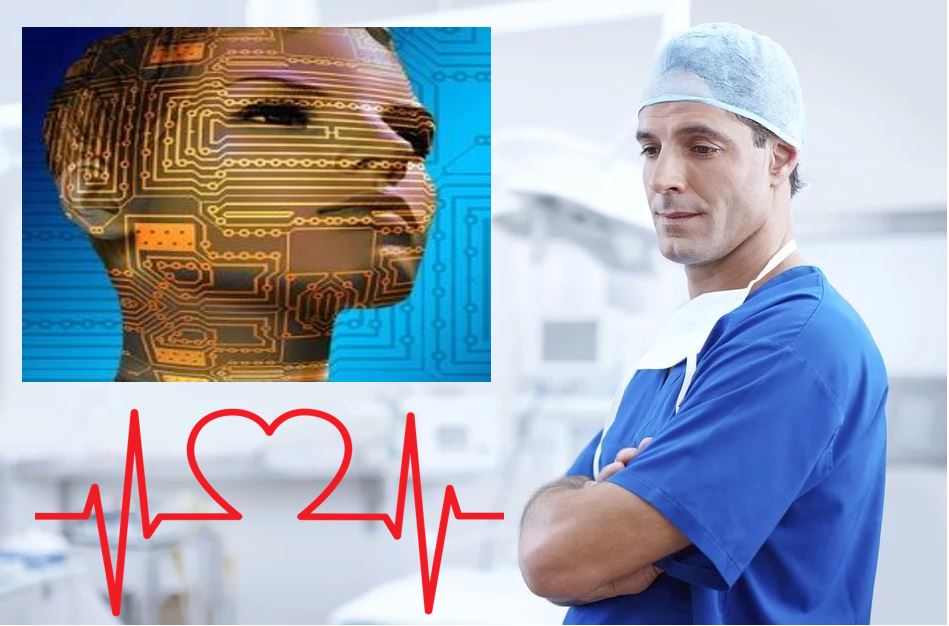
However, for that to happen, healthcare executives should first lay the cultural foundation for future technological changes that will happen in the next few years. For example, the application of AI would cost around $30 million for a healthcare institution over the next five years. However, a third of employers believe that they will be able to acquire an ROI in just four years, or even less.
Possible Changes in Future Healthcare Technology
Even though the future of healthcare technology isn’t yet certain, several advances have been made which have the power to change how the entire industry works. This is made possible through various healthcare technology innovations that will revolutionize how healthcare is performed. Here are a few examples of such innovations:
-
Cloud Computing
It’s expected that around 60% of communication will be carried out via mobile devices. This means that filing patient records on paper will become a thing of the past. Medical professionals and healthcare facilities will have patient records stored in the cloud, allowing them and their patients to access those records anytime, anywhere.
-
Healthcare Robots
-
Nanotechnology
This has already been put into practice, as is the case with Proteus Digital Health who has developed ingestible sensors that can be easily fitted inside pills and are capable of reporting information of the body in real-time. Such nanoscale technology can radically improve medical imaging through the delivery of molecular resolution.
Micro-machines can also be used for identifying and destroying cancer cells before they can even affect healthy cells. They could also be used to deliver dopamine straight into the brainstem to provide treatment for those who are suffering from Parkinson’s disease.
-
Mobile Healthcare Applications
Through such applications, clinics will be able to provide better treatment results, improve overall patient satisfaction, and significantly improve the effectiveness of their operations. Apart from that, mobile healthcare applications also allow healthcare institutions to operate way more efficiently by giving healthcare professionals information regarding the progress of medical science and giving them the tools they need.
-
Robotics and Digital Technologies
For example, most physical and mental tasks that most doctors do nowadays will become completely automated in the future via hardware, software, and both. This will allow future hospitals to free up more space to accommodate patients, more so when remote healthcare is implemented to reduce the need for patient visits. This will cause quality healthcare to become more accessible, efficient, convenient, and most of all, affordable.
The field of medical radiology has also progressed over time. It has contributed to the advancement of science in many fields of medicine, improving diagnosis accuracy. Medical imaging software technology such as x-ray machines, CT scanners, and MRI scanners are also frequently used to help build a clearer picture of what is going on inside the body. In this evolving landscape, radiology tech schools are pivotal in equipping healthcare professionals with the skills needed to utilize advanced imaging technologies effectively, ensuring accurate diagnoses and improved patient care. They play a crucial role in keeping pace with evolving digital and robotic technologies in medical imaging, enhancing both operational efficiency and patient outcomes.
Apart from that, AI smart assistants will be capable of attending to the basic daily needs of patients via taking measurements and conducting diagnostics. Meanwhile, robotic caretakers will attend to the needs of the elderly.
Trends in future healthcare innovations will come to a point where every patient’s needs are monitored and constantly provided even without the need for a bulky physical infrastructure and will instead be carried out in their own living spaces.
Final Thoughts
It will no longer be surprising that the future of healthcare will move towards the integration of artificial intelligence, machine learning, and the Internet of Things to make medical processes a lot faster, more efficient, and convenient. This will also see the era where large medical data and records will be handled in a more secure and less complicated manner.
_________________________________________________
Interesting related articles:
